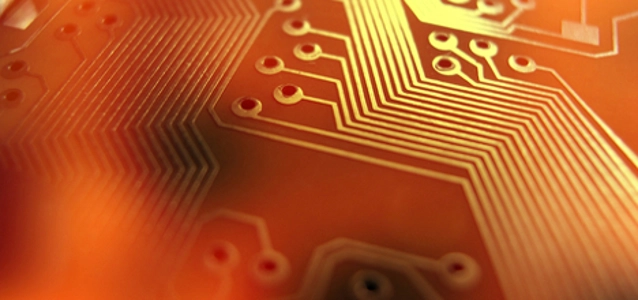
© enruta dreamstime.com
Electronics Production |
PV-machinery industry strongly against Anti-Dumping measures
The European Commission has decided to impose punitive tariffs of almost 12 percent on imported Chinese solar modules and their core components (i. e. wafer and solar cells).
In the first instance these protective duties will be valid for two months. During that time negotiations with China are intended in order to find a solution. If that does not lead to satisfying results, then import tariffs of 47.2 will come into force in August.
This has been done although several member states, especially Germany and Great Britain, have expressed their serious concerns against it. The manufacturers of components, machines and plants for photovoltaics in Germany strongly disapprove of this measure and fear an escalation of the current trade dispute.
“We want to avoid a useless trade conflict with one of the most important target markets of the machinery industry and we were supporting a more diplomatic solution in Brussels until the very last minute”, says Dr. Hannes Hesse, Executive Director of VDMA.
He continues: “Of course the Commission should act in favor of European companies, this is our common goal. However, in this case, the Commission has chosen the wrong way by implementing protective measures. Strengthening free trade would have been the better alternative.“
The punitive tariffs imposed are a provisional arrangement. A final decision in this matter will be taken by the European Council at the beginning of December 2013.
“We keep on supporting a solution by way of negotiations in order to minimize the negative consequences for PV suppliers. Chinese imports of solar modules account for only 30 percent of the value added chain in the EU. A large amount of value added is generated by PV suppliers (material, engineering, inverters) and the technical companies involved in the planning and installation of PV. The PV industry suffers badly from over-capacities, tough competition and a decline in prices. Market growth is the only way to get the PV industry back on track”, adds Dr. Florian Wessendorf, Managing Director of VDMA Photovoltaic Equipment.
Competitiveness by innovation and constant cost reduction
„PV manufacturers can reduce the current cost pressure only by employing highly efficient technology and production equipment That will be the basis for long-term and efficient actions on the market. This applies for the entire industry, not matter whether PV products are produced in Europe or in the Far East. German PV equipment manufacturers are competent partners here“, stresses Dr. Peter Fath, Managing Director of RCT Solutions GmbH and Chairman of the Board of VDMA Photovoltaic Equipment.
In order to secure their own competitiveness German PV equipment manufacturers focus on technological leadership and the reduction of their own production costs as well as on strategic alliances and joint development platforms. They hold on to their overall concept of photovoltaics without subsidies.
Commitment to value added in Europe
Traditionally the economic development of the PV equipment industry is driven by a high export ratio (2012: 85 percent). Especially business with East Asia has proven to be the motor for growth during the last years. However, the typically medium-sized machinery industry sticks to Germany as production site.
“Despite all closeness to the customer and the strategic development of new markets, a considerable part of the manufacturing of production technology will remain in Germany in the future. Technology suppliers and PV equipment manufacturers profit largely from the stability of the law and investment granted in Germany. The excellent infrastructure and the high level of education of skilled workers and innovative engineers are more strong arguments for a long-term presence in Germany”, explains Fath.
This holds true for photovoltaic production in Germany as well, where the perspective are not as bad as they appear to be at the moment. “When the correct measures are taken, Germany can remain competitive with regard to Chinese competitiors”, stresses Wessendorf.
Currently, approximately 100 VDMA member companies are active in the photovoltaic sector. The topic started in 2007 as a co-operation between the following VDMA divisions: Electronics Production (Productronics), Glass Technology, Energy, Organic Electronics, Robotics and Automation, Laser and Photonics, Surface Treatment, Vacuum Technology and Displays. With the foundation of the enlarged platform Photovoltaic Equipment on March 30, 2010, activities for members have been extended and the visibility of the industry has been increased.
The German Engineering Federation (VDMA) represents more than 3,000 companies in the engineering industry, many of which are small and medium sized enterprises. With about 964.000 employees (May 2012) all over Germany and a sales turnover of 201 billion Euros (2011) the industry is the biggest employer and one of the leading sectors of the German industry as a whole.
